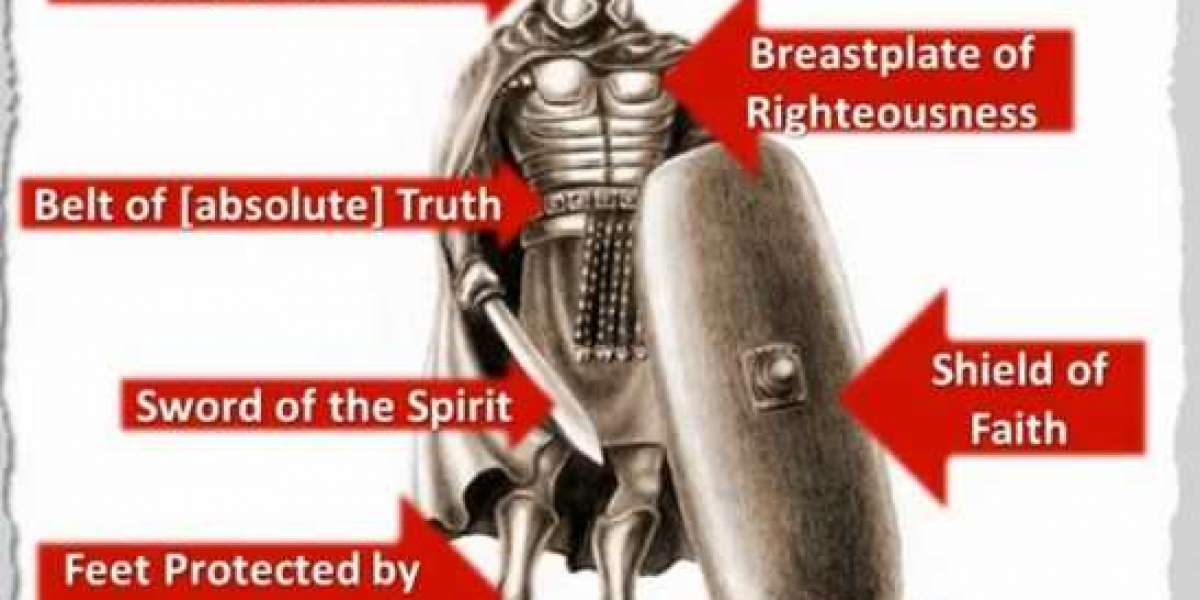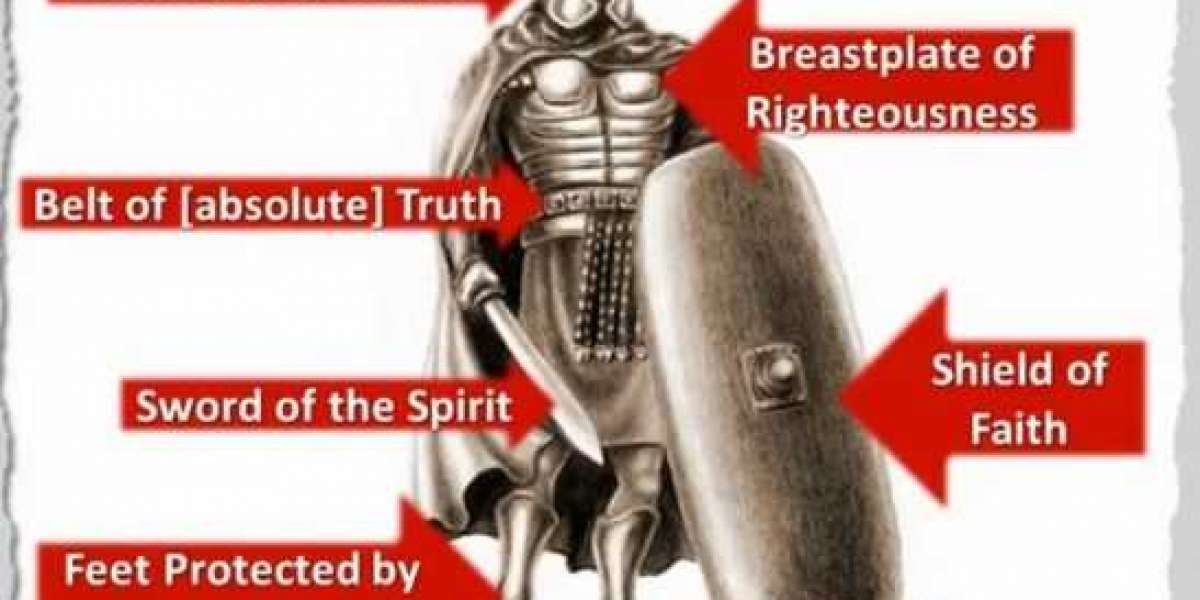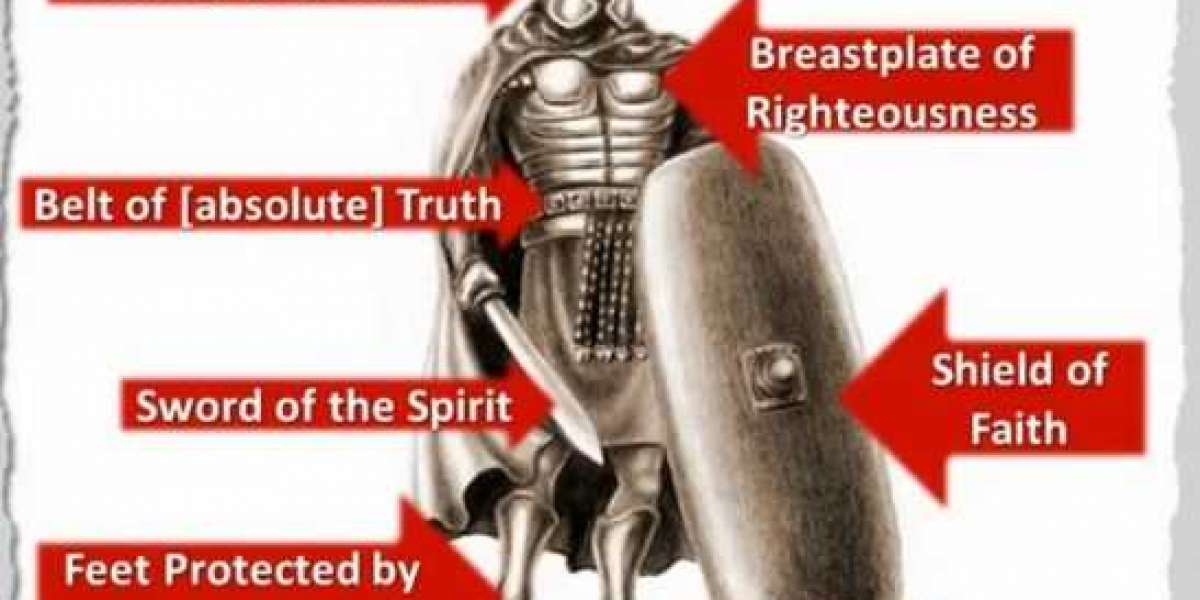The Kingdom of Heaven Is Like…
…A prince who purchases the dingiest orphanage, located in the lowest dregs of civilization, at full price from an evil and despicable owner. Some short time after this transaction, he enters the filthy establishment, being entirely unexpected, dressed as a lowly peasant, and speaks to the superintendent, who initially doubts his regal claim until he reveals to her his signet ring, whereupon she obsequiously seeks to herald the prince’s arrival at once, which action he sternly forbids. He tells her he is there to invite as many orphans as are willing to depart with him to his palace, as his adopted children, and desires to draw them to him using his character and not his office.
Advancing alone, although being closely watched by the workers, he accosts some children, to whom he commences his invitation, which, upon his identifying himself as 'a prince', they at once cut short with a tumult of laughter and jeers which continue to issue from a growing circle of mocking and dancing participants, by not a few of whom muddy projectiles are thrown and kicked up at him. The prince silently moves on from out their midst.
Shortly thereafter, he encounters a lad to whom he makes the same announcement. This lad, patiently hearing him out, nevertheless regards him suspiciously, and makes several inquiries into the prince’s character while silently orchestrating the picking of the prince’s pockets, which is completed to no satisfaction. Hereupon, the lad, who remains ever quite charming and confident, makes known the petty crime, to no surprise of the prince, and uses the theft’s disappointing disclosures to refute the prince’s regal claim. He then asks the prince that, if he has indeed bought the orphanage, why not simply take him to his palace and prove that he is indeed the prince. The prince answers that he will take the lad if the lad will consent to the prince giving him ablutions. “Like scrub behind my ears, and brush my pearly whites!” laughs the urchin, baring a yellow-stained, much begrimed grin—“you mean that sort of stuff? Listen, sir, I don’t expect the likes of you to know, but filth here is a sort of honor—the more’s the honor, is what you might say. I ain’t looked up to the way I am, among these short-statured gents, because I’m clean as crystal. No one’s new but they know right off the cuff, by these deeply embedded stains and grit, and by the hard-earned dirt under my nails, that I’m the sort of fella not to fear crawling through the grossest gutter, or to swim a lap or two in the muck, or to sink my hands in the vilest pile to form some fetid ammunition if the case warrants it.” Unable to persuade the loquacious lad by any further remark, the prince moves on.
Before long, all the children in the orphanage have been accosted and invited, and have alike rejected the prince’s offer, save for one meek and mild little girl, whom he has yet to approach. The prince, stooping to speak with her, offers her the same invitation. This quiet little girl regards him all the while apprehensively and doubtfully. “If you are a prince,” she asks quite innocently, “then where are your royal clothes—where is your crown?” “Oh, little one,” says the prince tenderly, “you are but a child and can as yet but scarcely understand. But I will tell you nevertheless.” And he proceeds to inform her that where he goes, filth and indecorum cannot be invited, for his palace is clean and orderly through many rules of considerate conduct, all of which are rigorously upheld and believed in fervently by his servants; and so he need not, by the wearing of any convincing wardrobe, waste his time drawing in the greedy little thieves, as would inevitably happen, whom should only pretend, initially, to care for his stated rules, and play at cooperating, so as to gain entry into his home, and thence ransack the place and defile it.
The bewildered little girl seems hardly convinced, and softly tells the prince only that she “ought not to speak with strangers”, and slowly takes her leave of him. The prince stands up looking ardently after her for an unbroken space of time, having a look of resolution upon his face; when suddenly—“Ah! I know that look,” calls out the cackling voice of the superintendent; “and now I understand your purpose—you devil of a dog,” she sneers. “Incognito in peasant’s clothes! Come to seek out these lowly dregs!—our good and noble prince, eh? What is all this but a charade to conceal your true desire which should be your dishonor among those of your own sort and kindred. But the fair prince need not be at any trouble to hide his intentions here. I can fetch the little girl post haste, if you’d like, and set you up behind a heavily timbered door with no keyhole.” The prince turns to the woman and regards her with a look of disdainful rebuke. “Your insult is no injury to me,” he says. “Your words are neither the thoughts of my head, nor any intention of my heart. Such as you, have only a mind to understand evil schemes; and the light of no proper motive has ever entered into its dark and decrepit confines. Depart from me, you scoundrel of a mistress, and address me no further—on your life, now, depart!”
With this, the prince moves on, keeping his eyes upon the little girl, when an attendant of his quickly overtakes him: “Your majesty,” the panting servant implores, cringing at his surroundings, “all whom are here have rejected you. Let us take our leave of this hideous place, and return to your bright kingdom, where you belong. What is left for you, now, but to be further mocked and your gracious offer more disgracefully spurned. These bastards and orphans are unfit as never to be worthy.” “Nay,” responds the prince, “But I have come for that little girl; and will not leave until she has consented to be my daughter, which no doubt she will. Only give it time.”
Looking after the girl, as she makes her way through the dimly lighted corridors, the prince witnesses a group of children suddenly leap out of the dark into her path, and begin brutally to shove her back and forth in their midst. Hereupon, the prince steps forward, lifting up a lighted lantern which throws its revealing rays upon the scene; and the children, discerning the large, approaching figure of a man, flee as stealthily as the shadows from which they emerged. “Permit me to walk with you,” requests the prince. The little girl consents, and the two press on.
Thereafter, many circumstances of a similar nature transpiring, wherein the prince faithfully protects and tends to the physical and emotional wounds of the little girl, at one time using his own body to shield her from a barrage of pelting rocks thrown at her by her coeval miscreants, the little girl thereby gradually begins to warm up to the stranger. “I do believe you are a prince,” she finally says. “You are not like the grown-ups who work here: you are not cruel at all. You must be a prince, if you say you are; for you cannot be a liar.” And the little girl meekly requests to go with him, if he’ll have her. “You must first be washed,” says the prince. “Yes,” answers the little girl, compliantly. “But can I keep my clothes?” she asks, looking downward with affection at the faded image of a cute animal scarcely discernible upon her soiled and ragged shirt. “You will have many clothes where I will take you—and many finer shirts, if you can believe it,” he answers. “Whatever meaning that garment has to you, now, it will be forgotten when you enter my palace, if only you can part with it now,” he adjoins. The little girl looks up smiling with tearful eyes. “I will be your daughter,” she says resolutely.
And so the prince takes her to sign the adoption papers, and has her thoroughly washed, and her clothing burned, and new garments given her, and takes her into his carriage, where they ride off toward the castle. There, the little girl learns quickly that there are many rules to being a princess, and that many of her uncouth and ill-manneredly habits require giving up; and that a father loves with discipline; but her heart is willing, as she has already proved, and her new father is inexhaustibly patient; and in time a princess of no small worth and stature does she make, being well regarded throughout all the prince’s kingdom.








Osostrong 5 Jahre
I love that story and it's funny because right now I am saying to God, "but can I keep my clothes?" Haha. Wow. I needed to hear that, and God knew it.